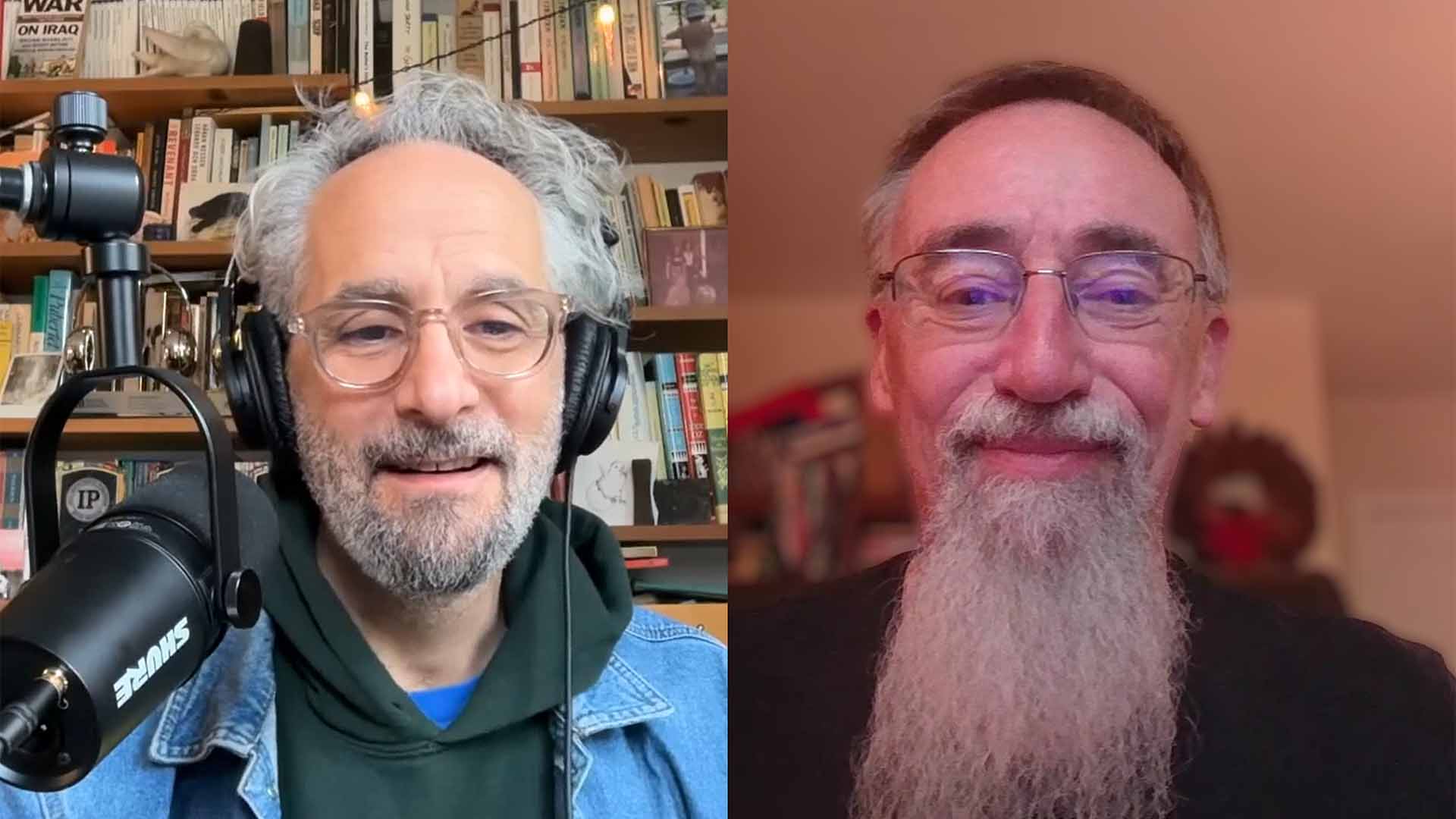The Earned Internet? Seth Godin Leads the Way (Again)
Beau Friedlander
Reading time: 4 minutes

This week’s episode of “What the Hack?” featuring Seth Godin forced a fundamental re-evaluation of what I thought I knew about our digital lives, specifically the digital noise of spam and intrusive ads. You can listen to the episode wherever you get your podcasts, and I urge you to do it. Godin is so good.
The early Internet promised connection. There was a vision of a vast, open digital commons where information flowed freely, unburdened by gatekeepers. The design of this digital world was utopian. But not everyone saw it that way. A hacked version of that promise started taking shape, not a dystopia exactly, but not awesome either. It turned the connected commons into a common marketplace driven by a new direct-marketing engine: the spam economy.
Maybe there are no “bad players,” per se. But there was a shift from connecting people to connecting people to transactions. Every click, every moment of presence, became data for sale.
Enter Seth Godin, who tried to make it otherwise. Godin is the patron saint of attention well deserved, inventor of permission marketing, bestselling author, and the Jerry Garcia of good advice who thinks everything is marketing. Good, bad and indifferent–he also believes much of what reaches our inboxes falls under the rubric of a broken promise. And the reason it’s there in the first place is because the people sending it should have to pay postage. That’s how direct marketing worked before the Internet, and Godin argues that’s the way it should have continued to work.
But at its core, Godin’s anti-spam playbook isn’t a marginal business tactic; it’s a demand for the market to honor its contract with consumers: Listen to me, and I’ll say something worth hearing.
The Digital Attention Tax
Nothing is free online. We pay a digital attention tax—a toll levied every time we encounter an irrelevant ad or an unsolicited piece of marketing slop. (Worth noting: Massachusetts Rep. Jake Auchincloss has floated the idea of an actual attention tax to fund local journalism and literacy programs. That’s not this.)
The attention tax Godin talked about is not just about wasted time; it’s the cognitive overhead. The spam economy is how platforms monetize our presence because the bar for entry, while not zero, doesn’t include the considerable expense of postage. But whether we’re talking about actual spam email or the participatory spam of doom scrolling or (egad) pop-up ads and retargeting, our attention is not earned; it is stolen. The “slop loop” is the mechanism of this theft, a system built on intrusion, surveillance, and targeting, not opting-in or consent.
And because the internet took the dystopian route to utopia, this tax is now the unavoidable price of entry into the digital space, making everything we do online fundamentally transactional. Our data has become a liability. The constant bombardment lowers the ethical bar for everyone, creating a race to the bottom in which marketers believe that they must be increasingly loud and intrusive just to survive.
Godin’s elegant solution blew my mind, that we don’t need to block the noise, but rather demand value in exchange for enduring it. Instead of stealing attention (or buying it), Godin urges us to earn it with a product or story so original and so compelling, that we’ll gladly pay the tax of our undivided attention.
The High Cost of Mediocrity
To Godin’s eye, the corruption and the resulting attention tax force a radical truth: mediocrity is not affordable.
The “digital slop loop” mentioned in the episode notes is the death spiral of non-original, easy-to-replicate marketing that results in more user enervation than sales. The way to win in a world where the available pool of attention is finite but the volume of noise is infinite, is to play a different game.
Godin argues that to thrive these days, a business must accept a demanding, even punishing assignment: to be original.
Originality is the necessary, high cost of entry. It is the practical difficulty of consistently delivering a product or service so distinct that it cannot be automated, easily copied, or bought cheaply. You earn attention with exceptional quality. Anything less will be ignored in our noisy marketplace.
Our privacy advisors:
- Continuously find and remove your sensitive data online
- Stop companies from selling your data – all year long
- Have removed 35M+ records
of personal data from the web
Save 10% on any individual and
family privacy plan
with code: BLOG10
news?
Don’t have the time?
DeleteMe is our premium privacy service that removes you from more than 750 data brokers like Whitepages, Spokeo, BeenVerified, plus many more.
Save 10% on DeleteMe when you use the code BLOG10.
















